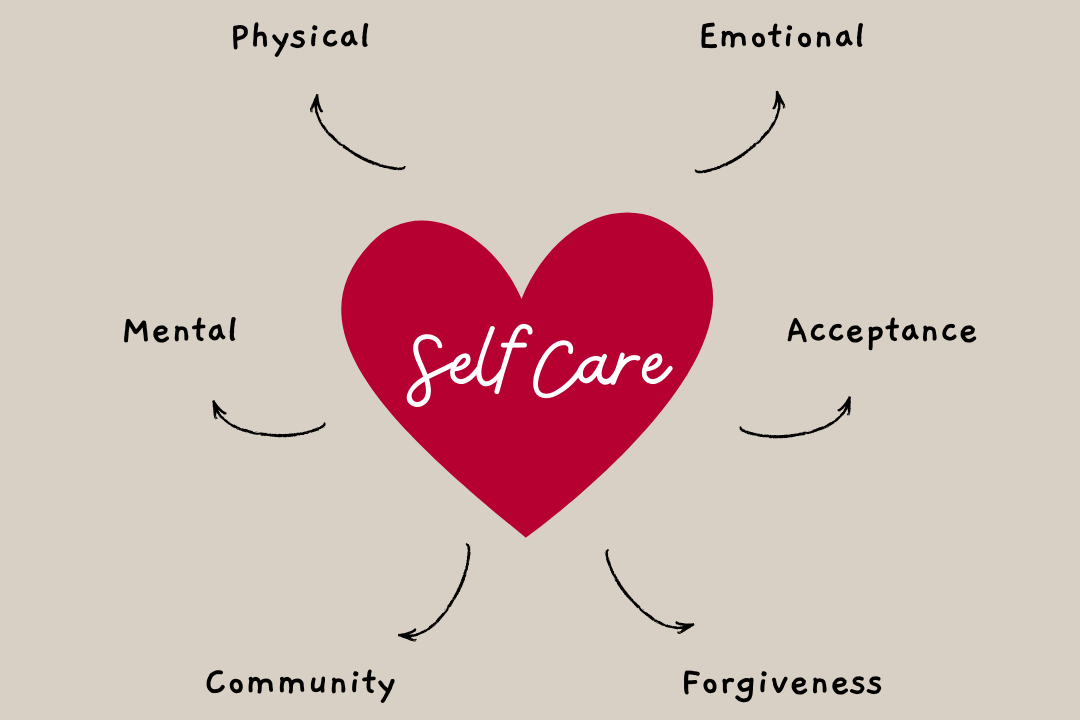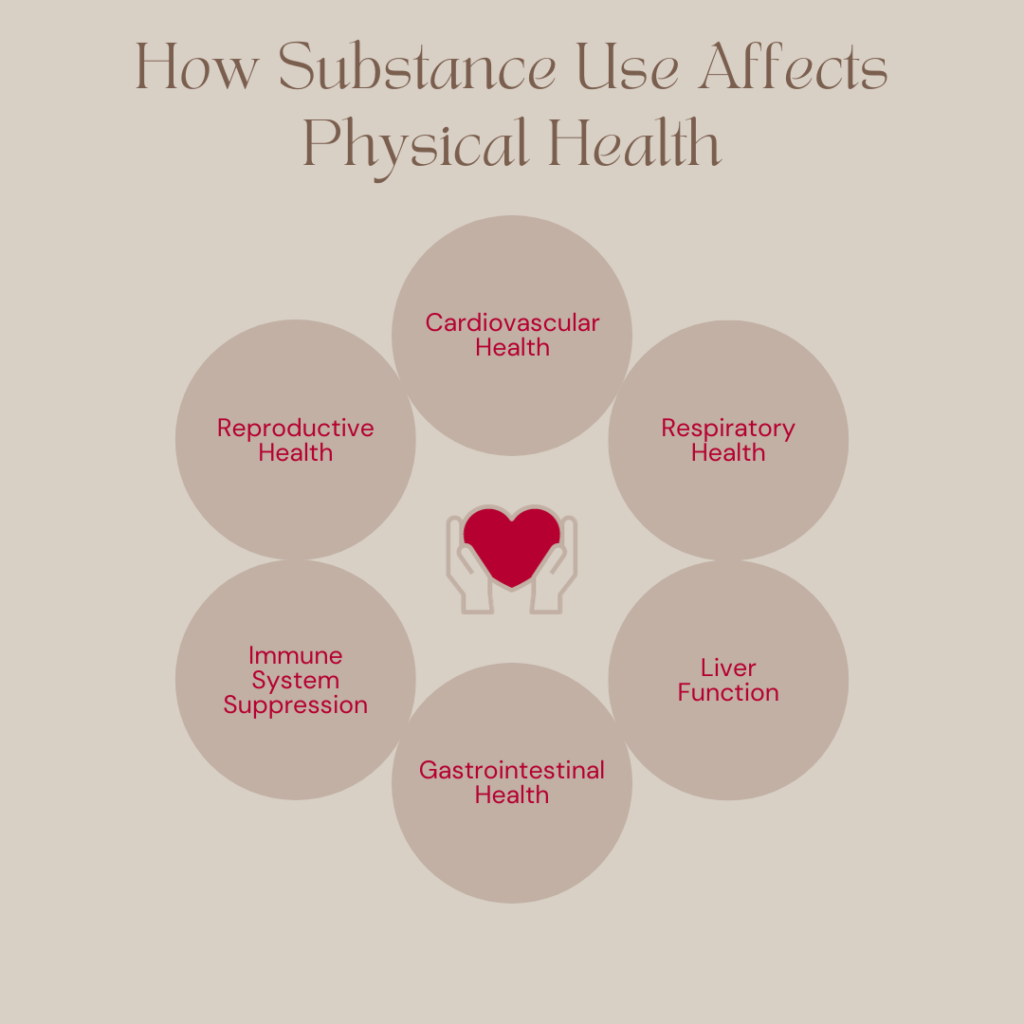As Valentine’s Day approaches, many look externally for opportunities to show love. But showing love to oneself can be just as important. Embarking on the journey of substance use recovery is a courageous and transformative step towards a healthier, more fulfilling life. It’s a path laden with challenges, but one that opens doors to self-discovery and growth. In the process of recovery, individuals often find that practicing self-care and cultivating self-love are indispensable pillars for building a strong foundation on which lasting sobriety can flourish.

Understanding Self-Care in Recovery
Self-care is not a luxury but a fundamental aspect of substance use recovery. It involves making deliberate choices to nurture one’s physical, emotional, and mental well-being. For individuals recovering from substance use, the journey can be physically and emotionally taxing. Incorporating self-care practices can aid in the healing process, reduce stress, and contribute to an overall sense of well-being.
- Physical Self-Care
Physical well-being plays a crucial role in recovery. Establishing healthy habits, such as regular exercise, balanced nutrition, and sufficient sleep, can contribute to the restoration of the body and mind. Exercise, in particular, has been shown to release endorphins, providing a natural boost to mood and reducing the risk of relapse.
Learn about the physical health risks of substance use here.
- Emotional Self-Care
Emotional self-care involves recognizing and addressing one’s emotions in a healthy and constructive manner. Therapy, support groups, and counseling can provide a safe space for individuals in recovery to explore and understand their emotions. Developing coping mechanisms and emotional resilience is vital in navigating the ups and downs of recovery.
- Mental Self-Care
Recovery often involves a shift in mindset and the adoption of positive thought patterns. Engaging in activities that stimulate the mind, such as reading, learning new skills, or practicing mindfulness, can contribute to mental well-being. Additionally, seeking professional help for any co-occurring mental health issues is essential for a comprehensive recovery plan.
Learn about the link between substance use and mental health here.
Cultivating Self-Love in Recovery
Self-love is a transformative force that empowers individuals in recovery to embrace their worth and build a positive self-image. Developing self-love is an ongoing process that involves acceptance, forgiveness, and the acknowledgment of personal strengths.
- Acceptance
Acceptance is a cornerstone of self-love. Acknowledging past mistakes and embracing imperfections without judgment is crucial for personal growth. By practicing self-compassion, individuals in recovery can foster a kinder relationship with themselves.
- Forgiveness
Forgiveness, both of oneself and others, is a powerful tool in the recovery journey. Letting go of resentments and guilt allows space for healing and personal transformation. Forgiveness is not about condoning past actions but about freeing oneself from the burdens of the past.
- Building a Supportive Community
Surrounding oneself with a supportive community is essential for fostering self-love. Healthy relationships and connections with others who understand the challenges of recovery provide a sense of belonging and encouragement.
This Valentine’s Day, accept the challenge to love yourself fiercely! Substance use recovery is a journey of self-discovery and transformation, and self-care and self-love are integral aspects of this process. By prioritizing physical, emotional, and mental well-being, individuals in recovery can build a strong foundation for lasting sobriety. Cultivating self-love through acceptance, forgiveness, and supportive connections empowers individuals to embrace their worth and create a fulfilling life beyond addiction. Remember, the path to recovery is unique for each individual, but with self-care and self-love as guiding principles, the journey becomes a powerful catalyst for positive change.
We are a 501(c)(3) non-profit organization! Support us by:



